At TruHealth Solutions, we provide professional mask fit testing and respiratory fit testing to help protect workers from harmful air particles. Masks and respirators are only effective if they fit properly. That’s why fit testing is essential. It ensures workers are safe and businesses meet Australian safety rules.
We offer services nationwide, including mobile testing options for workplaces in regional areas. Our team uses advanced tools and follows Australian safety standards to ensure accurate and reliable results.
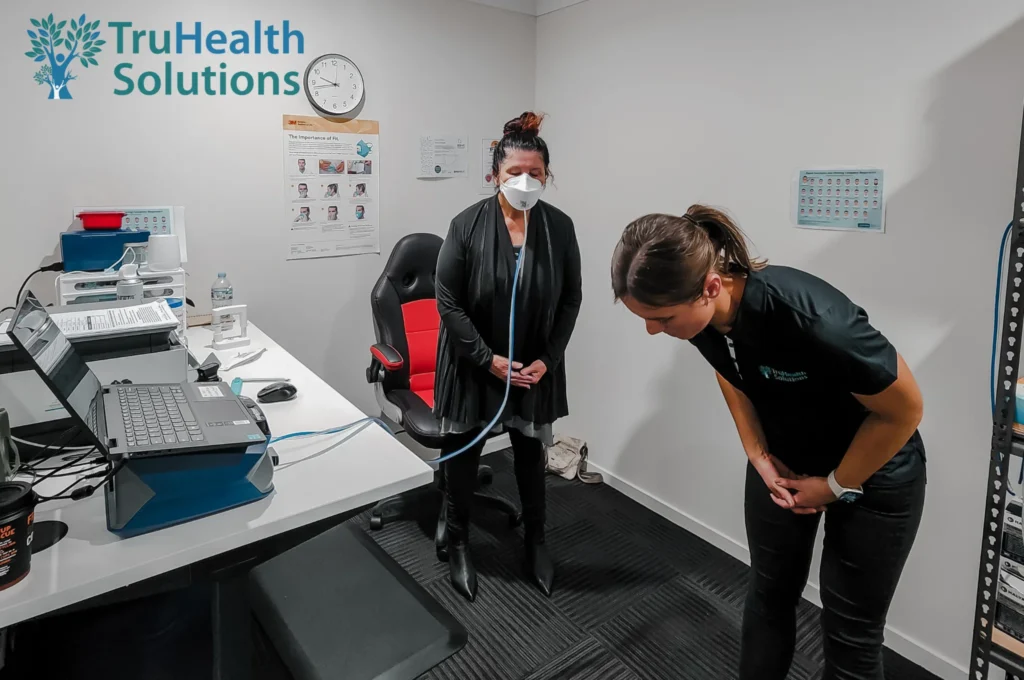
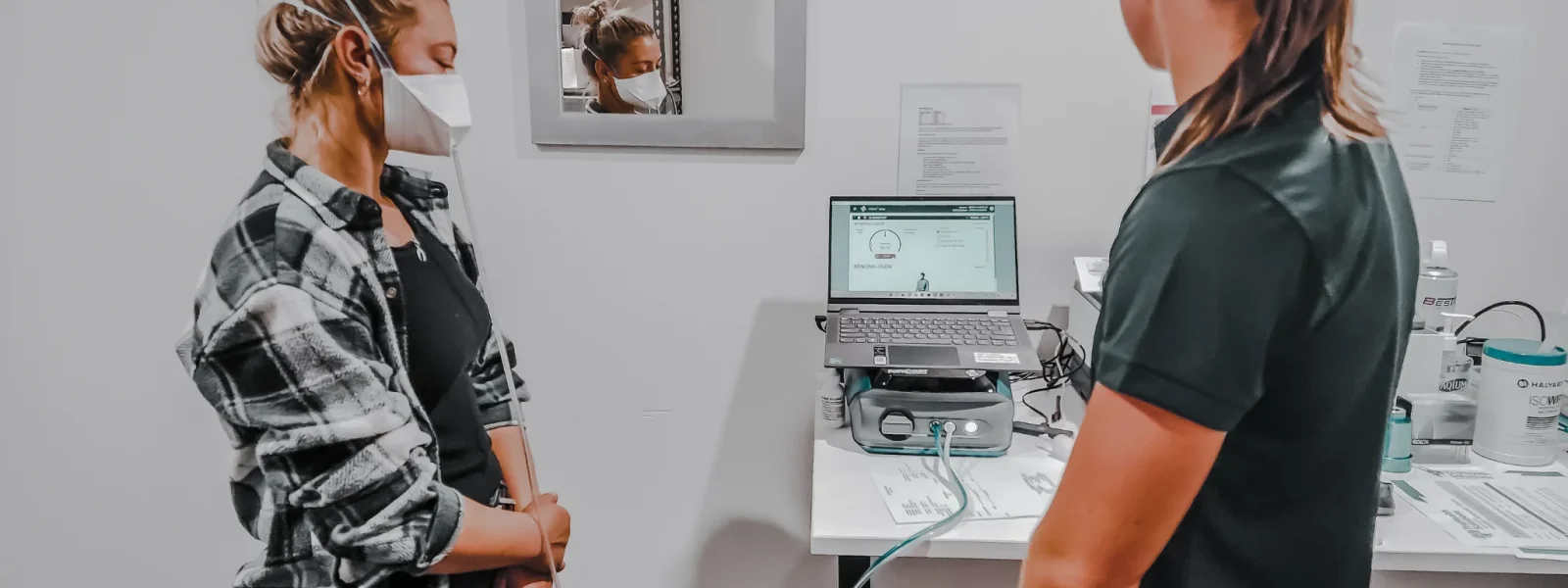
Respiratory fit testing is a method to determine if a face respirator fits an individual correctly. A proper fit ensures that the mask forms a tight seal around the face, preventing contaminants from entering the breathing zone. This test is essential for anyone who uses tight-fitting respirators in their workplace.
This testing is not only a safety measure but also a legal requirement for workplaces under Australian Standards (AS/NZS 1715:2009).
Quantitative Fit Testing: This testing uses a ‘Accu-Fit Pro machine’ to measure leakage and provide a numerical value known as a fit factor. It’s ideal for full-face and tight-fitting respirators and is considered the gold standard for ensuring respirator efficacy in high-risk industries.
Qualitative Fit Testing: A less technical but effective method, qualitative testing involves the detection of leakage through the wearer’s sensory response to specific test agents like saccharin, Bitrex, isoamyl acetate, or irritant smoke. This method is suitable for disposable or less critical mask use.
Ensures Safety and Compliance: Proper fit testing ensures that workers are protected from hazardous airborne particles, such as dust, fumes, vapors, and biological contaminants. It also ensures compliance with safety standards and regulations, such as the AS/NZS 1715 standard in Australia and New Zealand, which mandates fit testing for workers using tight-fitting respirators.
Reduces Health Risks: A poorly fitting respirator can allow contaminants to enter the breathing zone, leading to respiratory issues, chronic diseases, or even life-threatening conditions. Fit testing minimizes these risks by ensuring that the respirator seals properly and provides adequate protection.
Boosts Worker Confidence: When workers know their respirators fit correctly and provide the necessary protection, they are more likely to wear them consistently and correctly. This confidence leads to better overall safety and productivity in the workplace.
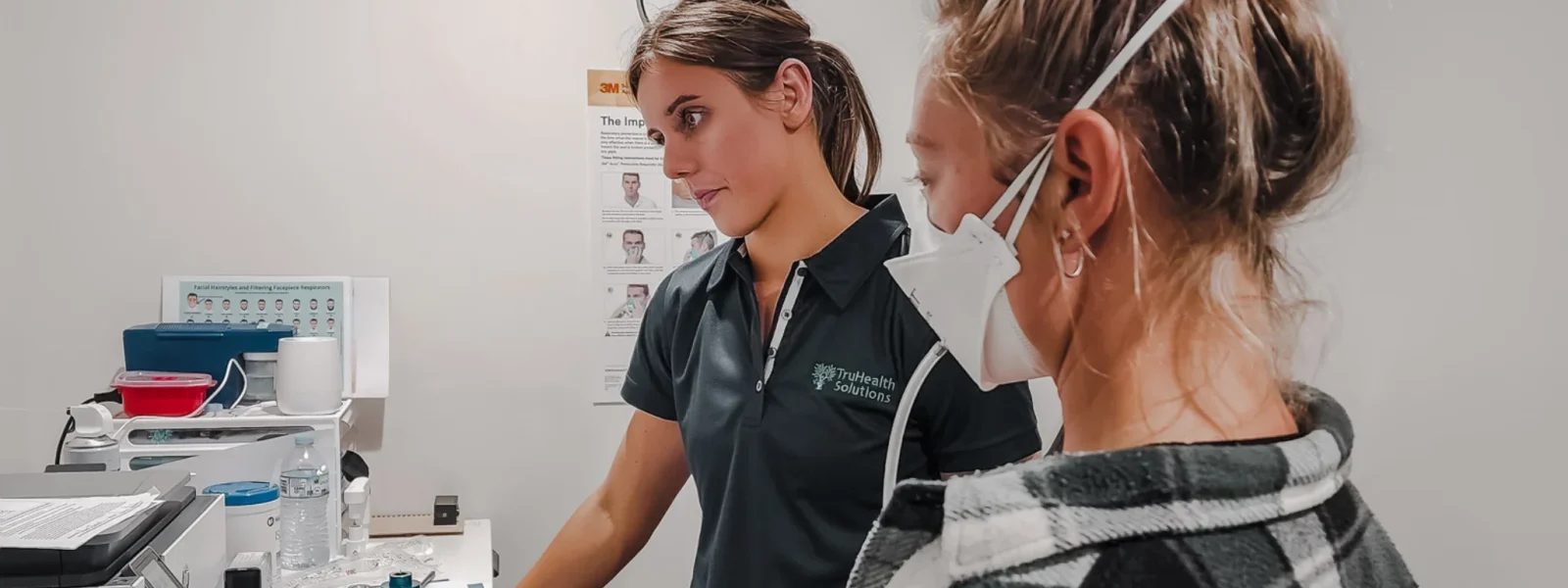
To ensure the integrity of the fit test, all candidates must:
Before the Test: Candidates select the appropriate respirator size and model. It’s essential to be clean-shaven, as facial hair can interfere with the mask’s seal.
During the Test: For quantitative tests, the Portacount machine measures any leakage and calculates the fit factor. In qualitative tests, candidates undergo a series of exercises while being exposed to a test agent. If the agent is detected, adjustments are needed.
After the Test: Feedback and adjustments are provided if necessary. Retesting may occur if significant facial changes are experienced by the worker or if a different respirator model is used.
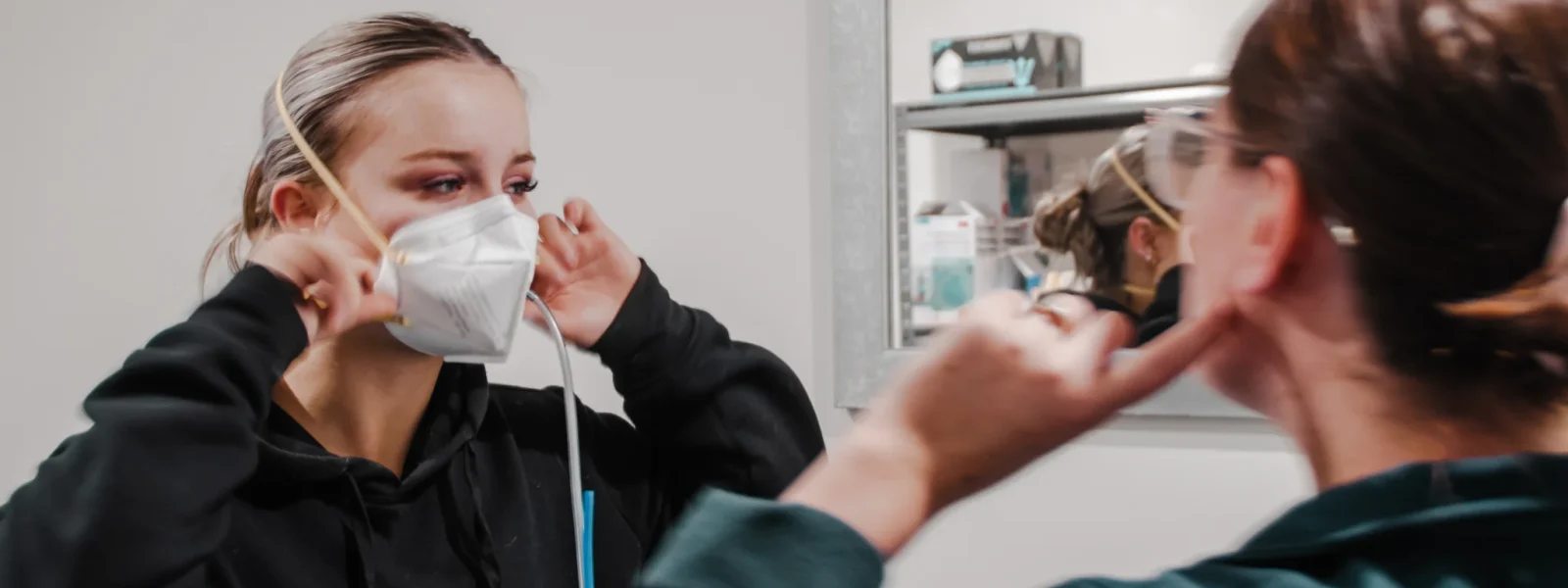
Qualitative Fit Testing Kits
At TruHealth, our kits include everything you need for effective fit testing. They come with test agents, nebulizers, and hoods. Designed to be affordable and easy to use, they help even beginners perform tests accurately and efficiently.
Quantitative Fit Testing Machines
TruHealth uses advanced machines like the PortaCount and Accu-Fit Pro Respirator Fit Testers. These provide precise measurements to ensure the best fit. While these machines are a major investment, their accuracy and detailed data make them essential for protecting workers in high-risk jobs.
Accredited Fit Testers
All our tests are carried out by accredited professionals with thorough training and certification. Our fit testers are experts, ensuring every test meets safety standards. With TruHealth, you get accurate results and a proper respirator fit, vital for a safe workplace.
Choosing TruHealth ensures that your respiratory fit testing is conducted by accredited professionals using the latest testing equipment. Our services meet all Australian Standards (AS/NZ 1715:2009) and are designed to provide not just compliance, but peace of mind that your workforce is protected.
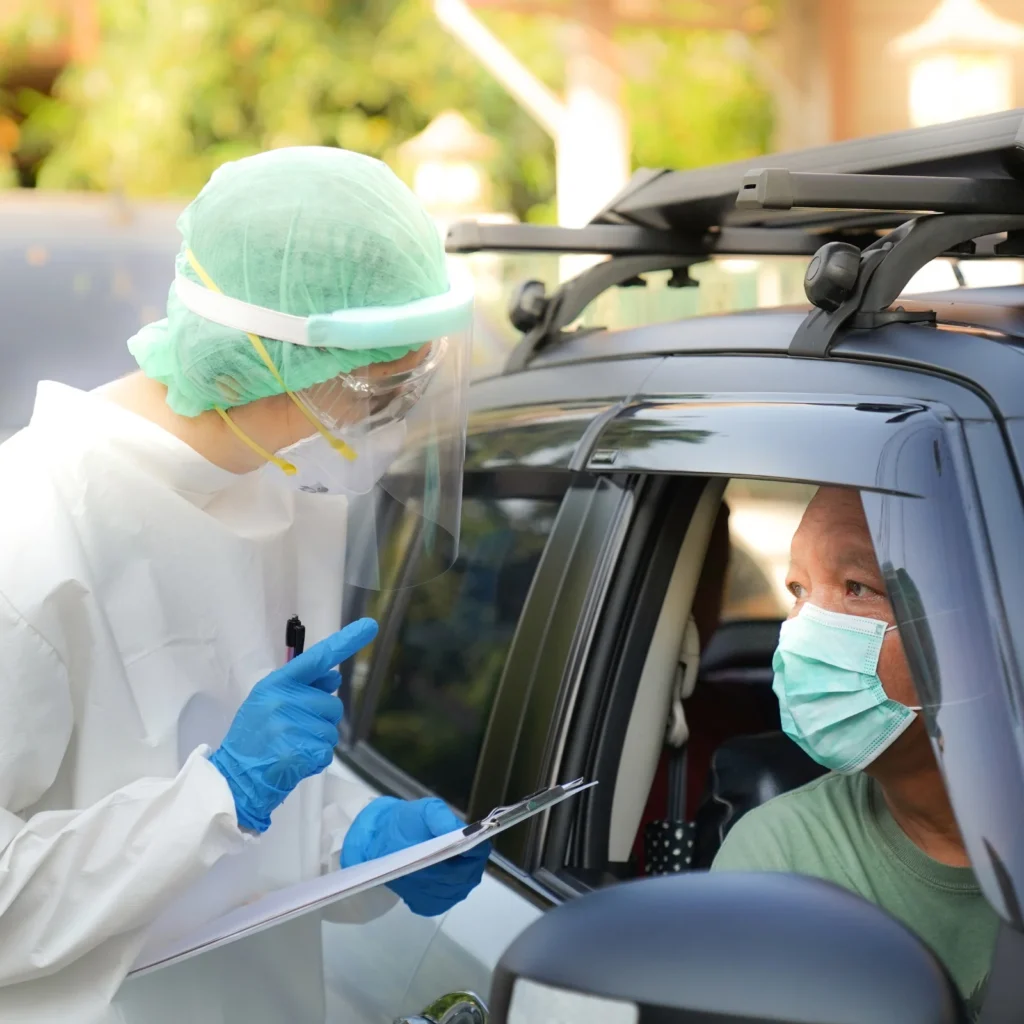
TruHealth Solutions provides respiratory fit testing services nationwide. We are available in major cities such as Brisbane, Sydney, Wollongong, and Toowoomba, as well as regional areas. Our mobile testing service ensures businesses in remote locations can access professional fit testing without disrupting their operations.
Respiratory fit testing should be conducted in specific situations to ensure ongoing protection. It is necessary before a worker uses a respirator for the first time, annually as part of routine safety protocols, or when a worker’s face shape changes due to factors like weight loss or dental work. Testing is also required when switching to a new brand or type of respirator.
Regular maintenance of respiratory protective equipment is crucial for its effectiveness. Masks should be cleaned, inspected for damage, and replaced when necessary. TruHealth Solutions provides guidance on the proper care and maintenance of masks to ensure they continue to offer maximum protection.

Booking a fit test with TruHealth is simple. Whether you need testing for a small team or a large group, our services are tailored to your needs. We offer flexible scheduling and reliable service to ensure your workers are protected.
To book a test or learn more about our services, contact us at 1300 062 975 or email us at contactus@truhealth.com.au. You can also visit our website for more information.
At TruHealth Solutions, we are committed to keeping your workplace safe with professional mask fit testing and respiratory fit testing. Let us help you meet safety standards and protect your team today.
As an employer, you can trust that you will receive up-to-date knowledge of legislative requirements and the most advanced testing and detection methods available. This will lead to improved morale and a healthier work environment for your employees. We are committed to ensuring that your business policies and procedures are not only compliant but also effective in creating a safe and healthy workplace.
We provide our services across multiple locations to ensure accessibility and convenience for our clients. Check out our service areas below :